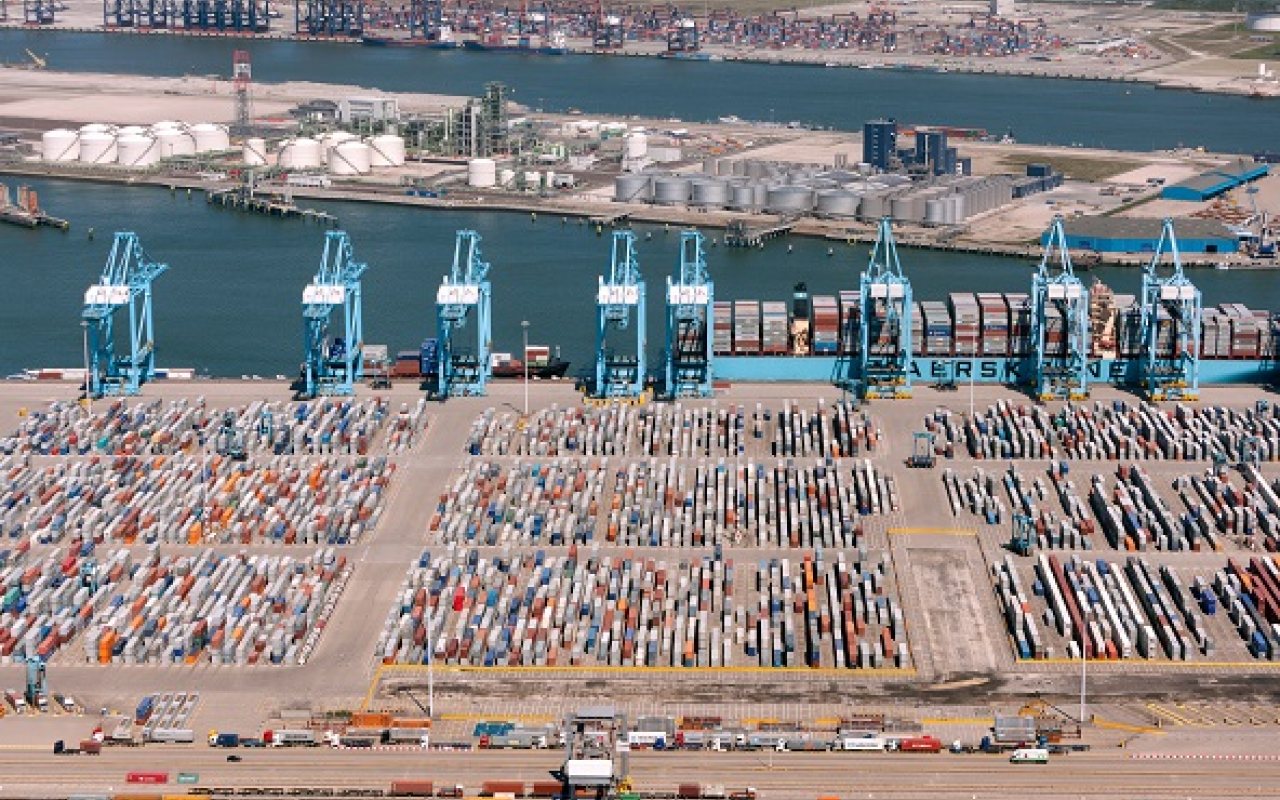Moscow, 24 July (Argus) — The volume of cargo recorded by shippers in the GU-12 railway transportation application but not actually presented (inflated applications) reached 15% of total loading in July, said Mikhail Glazkov, deputy general director and head of the Central Traffic Management Directorate of Russian Railways (RZD), during a briefing at the end of July. Inflated applications allow cargo owners to secure a larger share of transportation capacity during its allocation under RZD’s Dynamic Infrastructure Loading Model.
In the first half of the year, loading losses for agreed and accepted transportation applications amounted to 127 million t, with the total volume for January–June at 554.5 million t. Coal accounted for about 35 million t, oil and oil products for 28 million t, and ferrous metals for 9 million t. Had this cargo been presented, the decline in loading for the half-year would have been about 0.4% compared to last year, instead of the actual 7.6%.
“In May and June, this cheating [fraud] mainly concerned the western direction, including shipments to ports in Russia’s northwest and south. In July, non-presentation of loading has also been observed in the eastern direction,” Glazkov noted.
This phenomenon has been observed throughout 2025, Glazkov added. At the beginning of the year, applications were primarily inflated by shippers of construction inert materials, such as crushed stone, sand, and cement, often due to non-payment by consignees. Since the start of summer, the problem has spread to the coal industry, even within relationships with exporters holding quotas for solid fuel shipments to the east.
“Daily, our loading loses about 700 coal wagons due to this reason, or roughly 1.4 million t per month. This includes 820,000 t of coal products not delivered in the first half of the year under the agreement between RZD and the Kuzbass administration. Since this occurred due to the responsibility of cargo owners, compensation for these volumes is not planned in the future,” stated the RZD top manager.
The problem also manifests in the container transportation segment: in June, 120 container trains of over 100 wagons each were agreed upon for the Eastern Polygon, which includes the Krasnoyarsk, East Siberian, Transbaikal, and Far Eastern railways, based on shippers’ applications. In reality, just over half—only 62 trains—were dispatched due to non-presentation of cargo.
Additionally, inflating applications diverts extra locomotives and crews to handle subsequently unclaimed empty rolling stock. This also negatively impacts infrastructure capacity, reducing actual throughput. “In July, 20,000 wagons were assigned for trips but ultimately not loaded,” Glazkov summarized.
Currently, penalties for inflating applications are minor—RUB 10/t or RUB 50–200/container, depending on cargo type. However, amendments to the regulatory framework proposed by RZD and already supported by Russia’s Transport Ministry may be adopted during the State Duma’s autumn session. Under these amendments, fines would increase tenfold. This measure, along with targeted work with regional administrations hosting unscrupulous enterprises, should collectively resolve the issue, Glazkov believes.
___________________
For more pricing information and analytical materials on the bulk, general cargo, and container transportation market, see the monthly report “Argus Dry Bulk Logistics.”
Subscribe to the analytical digest





